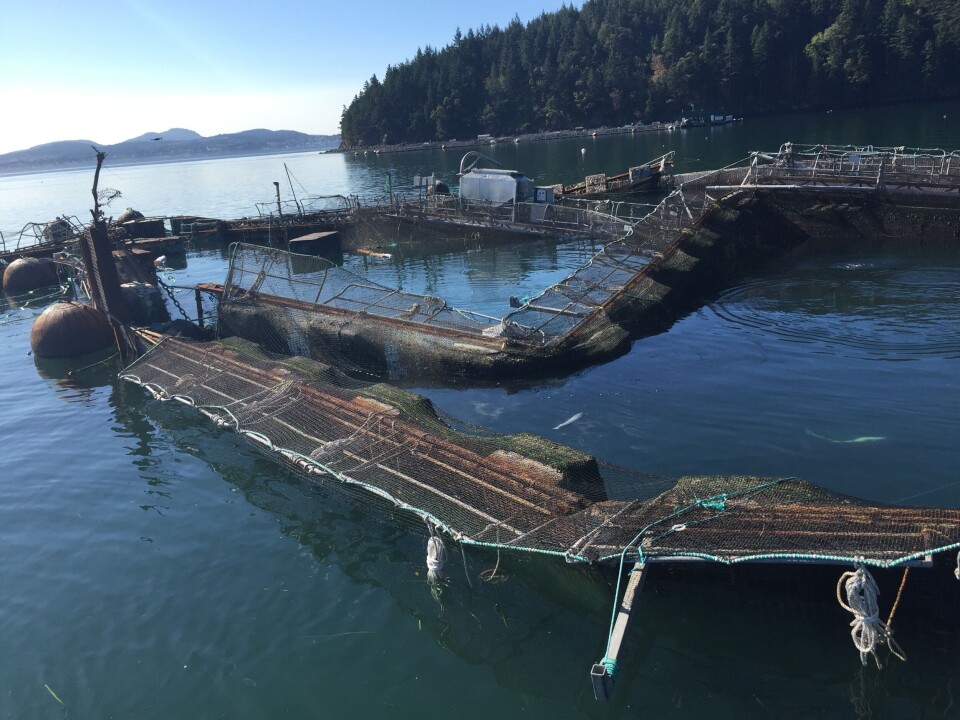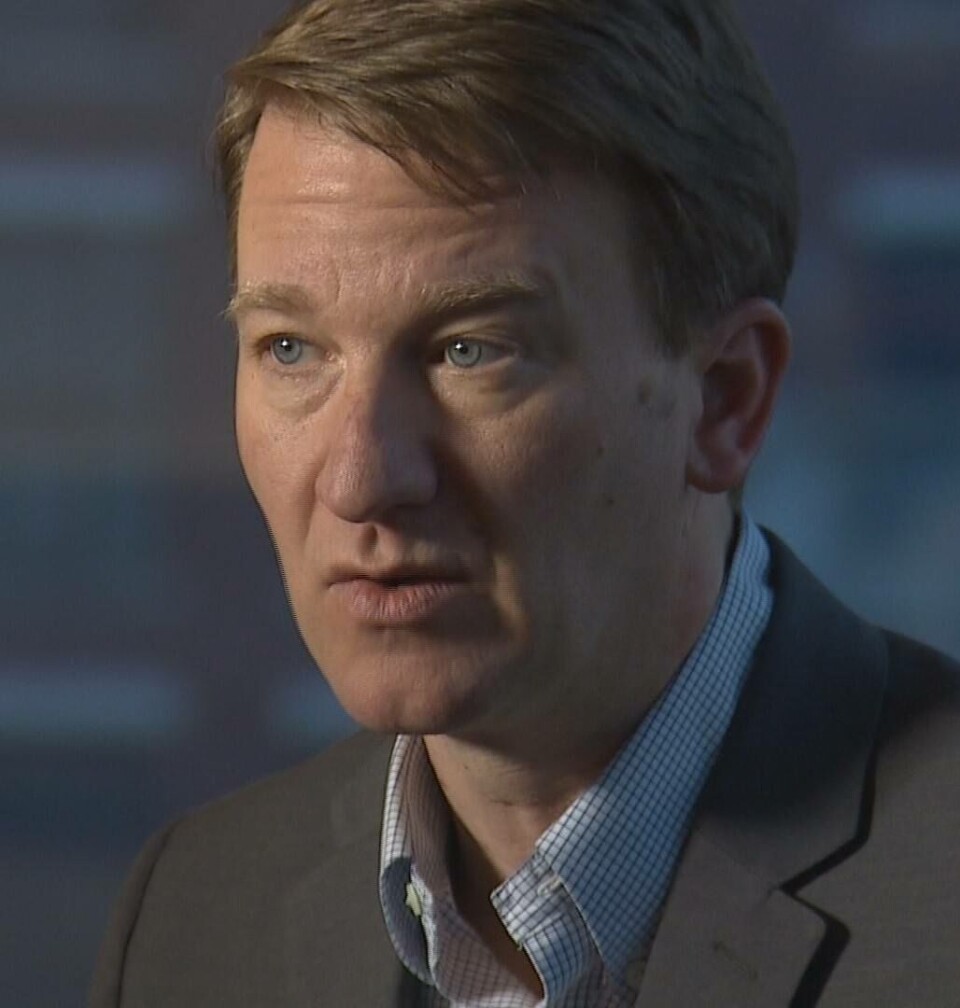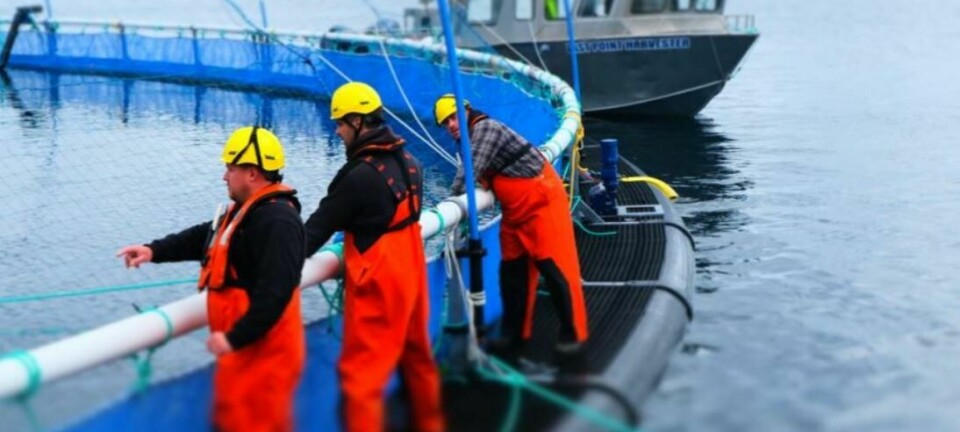
Cooke ‘committed’ to US state despite salmon ban
Cooke Aquaculture has said it remains “committed to supporting Washington’s community, economy and marine ecology” after the US state’s legislature effectively outlawed net-pen salmon farming.
The state senate yesterday voted 31-16 in favour of passing Bill 2957, titled Reducing escape of non-native finfish from marine finfish aquaculture facilities.
The new law states that existing leases for Atlantic salmon farms won’t be renewed when they expire, which means Atlantic salmon farming will be phased out by 2025.
Canadian-owned Cooke, which also farms salmon in Scotland, Canada, Chile and the eastern US state of Maine, is the only Atlantic salmon farmer in Washington, having bought nine farms at four sites in Puget Sound from Icicle Seafoods for more than $70 million in 2016.
Solar eclipse
Law-makers began action to end Atlantic salmon farming in the state after the complete failure of pens at Cooke’s Cypress Island No.2 farm last August, which led to the escape of as many as 263,000 fish.
Cooke initially said only a small number of fish had escaped, blaming the event on unusually high tides caused by a solar eclipse. It later became clear that the farm had narrowly avoided collapse a few weeks earlier, and that work done by Cooke to strengthen the facility proved inadequate.
Three state agencies who carried out a four-month investigation concluded that the escape was due solely to Cooke’s negligence. Cooke has criticised both the investigation and its findings.
Terminated leases
Washington’s Commissioner of Public Lands, Hilary Franz, who has been outspoken in her criticism of Cooke, has already terminated two of the company’s leases, at Cypress Island and Port Angeles, because of alleged lease violations.
Inspectors have also found fault with the company’s two other Washington sites.
Cooke is fighting the Port Angeles termination in court.

In a statement overnight, Cooke press spokesman Joel Richardson said the company was deeply disappointed with the Senate’s decision, and that its employees remained its top priority.
“As an immediate next step, Cooke Aquaculture Pacific will take the time we need to fully evaluate our operations and investments in Washington and explore all our available options, ensuring that any decision we ultimately make places our employees and their families first.
“Cooke came to Washington as a global industry leader with the goal of being a valued and responsible partner here. We had planned to add significant capital investments on top of the $75-plus million contribution we made to Washington’s economy when we acquired the state’ existing net-pen facilities 2016. We had also planned for additional investments in continued scientific monitoring of Puget Sound’s waterways, and in state and tribal efforts to protect and recover wild salmon runs.
Rebuild public confidence
“We know that we have work to do with our state, tribal and community partners to rebuild public confidence and demonstrate the value that our industry brings to Washington and the world. We remain committed to supporting Washington’s community, economy and marine ecology. And we will do so with a deep respect for the value and importance of native salmon to Washingtonians in general, and to the heritage, identity and culture of the Northwest Treaty Tribes in particular.”
Native American tribes have blamed fish farming for a decline in wild salmon integral to their culture, although Cooke and others have poinyed out there is no evidence for this.
Richardson had previously said that Cooke would sue the state under the North American Free Trade Agreement to recover its $76 million investment in Washington if Atlantic salmon farming was outlawed, but there was no mention of this in his latest statement.






















































